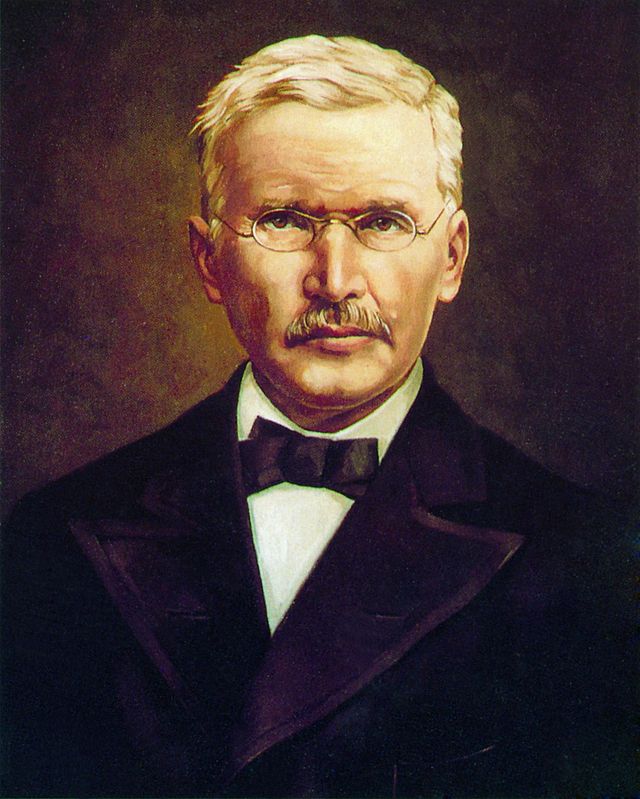About Us



Let's Drive Into The World of Cooperative With Adhunik Saccos
The fundamental ethos of cooperatives centers around eradicating economic inequality and fostering self-reliance among members. Achieving this requires the strategic integration and mobilization of dispersed labor, resources, and capital. In response to this imperative, residents of Mechinagar Municipality collaborated and officially registered the Adhunik Savings and Credit Cooperative Society Ltd. at the Division Cooperative Office Jhapa. This collaborative effort involved 47 individuals engaged in diverse sectors such as politics, commerce, banking, and education within the district, aimed at facilitating seamless and modern financial transactions.
The cooperative has been operational since its inception, distinguishing itself by consistently maintaining the highest interest rates on savings and the lowest interest rates on loans. This commitment has earned it the preference of contemporary members, and its adoption of fully computerized technology has established a distinctive identity among its members. The cooperative’s growth is evident, expanding from the initial 47 members to a comprehensive network of approximately 10,000 members. Progressing from a single office to six offices, it now offers systematic and modern services.
Key elements contributing to this progress include good governance within the organization, a steadfast commitment to accountability, and adherence to the laws and regulations mandated by the government. Initially providing savings and loan services, the organization has diversified its offerings to include member relief services, remittance services, bill payment services, insurance services, member education programs, and various health camps. To further enhance and modernize their services, the cooperative has already launched mobile banking. The organization remains fully confident that these initiatives will fortify its strength, enhance its popularity, and contribute to its overall success.
Principle of Cooperatives
- Voluntary and Open Membership
- Democratic Member Control
- Member Economic Participation
- Autonomy and Independence
- Education, Training, and Information
- Cooperation Among Cooperatives
- Concern for Community
The History of Cooperatives in Nepal: A Journey of Evolution
The cooperative movement in Nepal has a rich and dynamic history, dating back further than its formal inception. Let’s explore its key milestones:
Early Forms of Cooperation (Pre-1950s):
Traditional Institutions: Even before formal cooperatives, informal community structures like Guthi, Parma, Dhikuri, and Dharmabhakari functioned similarly, highlighting a spirit of collaboration and shared resources.
Formal Beginnings (1950s – 1980s):
1951: End of the Rana oligarchy opens doors for modern cooperatives.
1953: The Department of Cooperatives (DoC) established under the Ministry of Agriculture.
1954 onwards: Government-backed credit cooperatives formed, starting with the Bakhan Credit Cooperative (BCC) in Chitwan.
1960: First Cooperative Act enacted.
1963: Savings & credit cooperatives’ capital transformed into a Cooperative Bank, later becoming the Agricultural Development Bank of Nepal (ADBN).
1969: Large-scale reorganisation program to improve co-ops’ business efficiency.
1975 – 1980: “Sajha Programme” converts cooperatives and village committees into “Sajha Snastha” (cooperative societies).
1980s: New wave of community-based savings & credit groups emerges.
Modernization and Growth (1990s – Present):
1992: New democratic government enacts the Cooperative Act and Regulations, enabling a three-tiered cooperative system.
1993: Formation of Nepal Federation of Savings and Credit Cooperative Unions (NEFSCUN).
2014: First National Cooperative Congress organized.
Present: Cooperatives contribute significantly to Nepal’s economy, employing many and addressing diverse needs across sectors.
Key Points to Remember:
The history of cooperatives in Nepal is closely linked to government policies and development plans.
The movement has evolved from government-led initiatives to a more diverse and member-driven model.
Today, cooperatives play a crucial role in various sectors, including savings & credit, agriculture, dairy, consumer goods, and services.
Further Exploration:
National Cooperative Federation of Nepal: [https://ncfnepal.com.np/]
Nepal Federation of Savings and Credit Cooperative Unions: [https://www.nefscun.org.np/]
Our Vission
The vision of adhunik cooperative paints a future where individuals, communities, and nations unite in mutual respect and shared purpose. It's a world where collaboration breeds prosperity, sustainability, and peace. Through inclusive dialogue and innovative problem-solving, cooperation becomes the cornerstone for addressing global challenges while honoring diversity and empowering every voice. This vision transcends boundaries, fostering solidarity and continuous improvement as we collectively strive towards a brighter, more harmonious tomorrow.
Our Mission
he mission of Adhunik Cooperative is to provide comprehensive services and support to its members from birth to death, ensuring lifelong commitment and empowerment through tailored programs and assistance, thereby fostering a thriving and interconnected community.

Friedrich Wilhelm Raiffeisen
Pioneer of cooperative banking and credit unions



